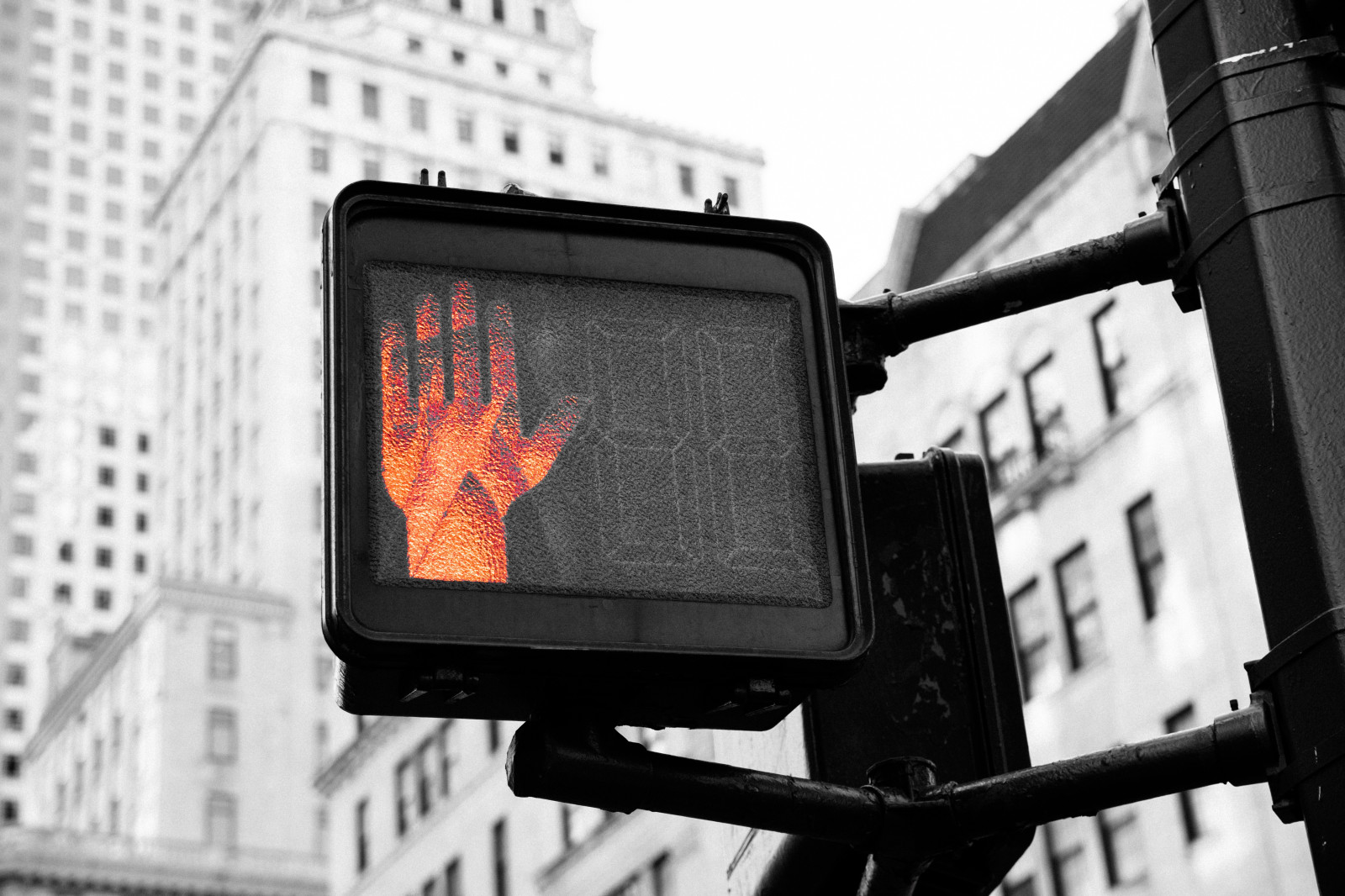Artists are speaking out about the content treadmill — is it too late to slow down?

Photo: Kai Pilger

If you were on the music industry bubble of X this week, you probably caught wind of Bethany Cosentino’s honest reflection of her solo album release. For the uninitiated, the frontwoman of cult California rock duo Best Coast released her first solo album, Natural Disaster, in July, but it did not go as she planned. Cosentino expressed her disappointment and frustration with how quickly today’s culture cycles through songs and artists in a five-minute video on (yes) TikTok.
“My record came out, and it basically went away,” she said. “I mean, no, it didn’t go away, right? It exists forever. You can listen to it anytime. I can listen to it anytime. But when we look at it and evaluate it in terms of the commercial success lens, yeah, it kind of already went away”.
Of course, it is possible that the album simply did not resonate with listeners — Cosentino admits that. Best Coast is also beyond its 2010s heyday, when it was much easier to get people’s attention (and many even listened to full albums!). And yes, something feels off about hearing an artist lament TikTok culture…in a TikTok video. But in this hyper-fragmented, algorithm-ruled music landscape, Cosentino’s experience is becoming increasingly common, both for new artists and bigger stars. And it is not sustainable.
Discovery is dying
Cosentino jokes that “If you follow me, you probably already knew [about the album] because I’ve been trying to f***ing sell it to you for so many months”. But in fact, the comments section is filled with fans writing they did not even know the album existed. This, too, is becoming a common experience for creators on TikTok, as the platform’s algorithm is designed to fling a video as far away from the original creator as possible — even if that means bypassing the audience they already have.
All this begs the question of how artists are even supposed to deliver music to listeners anymore. Back in the day, the delivery mechanism was albums — but our surveys reflect that the majority of consumers do not listen to full albums anymore. Press is no longer a major route to discovery, either. Playlists have been steadily replaced by TikTok as the crux of music discovery. But if TikTok no longer quite works, what is the music delivery and discovery vehicle for the next class of artists?
Featured Report
The audio creator opportunity Audio creator behaviours and monetisation potential
Historically, YouTubers and TikTok influencers have received the lion’s share of mainstream attention as a creator class – but audio creators are increasingly active on the same digital platforms and operating within the same formats. As a result, the audio creator has become a jack of all trades, moving between copyediting, audio editing, and ...
Find out more…This is one of the critical questions for the music industry in 2024, and beyond. Part of the answer will be a mindset shift, away from driving discovery moments and towards discovery journeys. Perhaps algorithms must be tweaked back to focus on ongoing connections to other creators (which is, ironically, how they operated pre-TikTok), rather than focusing ruthlessly on distance traveled. At MIDiA, we believe future success is about building niche scenes and deep, engaged fanbases, but artists cannot build those communities without a path to reach and sustain them in the first place.
Can we reset fan expectations?
Fans have come to expect an endless stream of both music and social media content from artists. In this environment, most artists feel they cannot afford to fall behind by jumping off the content treadmill. It is a classic prisoner’s dilemma. The result is that everyone continues releasing more, more, more, only making it even harder to break through. Plus, if scarcity breeds value, we are steadily teaching consumers that new music, and other new “content”, is not valuable.
It would take a large group of major artists jumping off the content treadmill to reset those expectations. While it is hard to imagine that happening, more and more artists like Cosentino are speaking up about how unsustainable the current situation has become, and it is even possible to imagine a “content blackout” period in protest. However, you can only really control user expectations when you can control the experience. Record labels do not control social media platforms or streaming services, and putting them in control would cause more problems than it would solve.
A duty of care
In this environment, the industry has a duty of care to its creators. Record labels cannot be promising mainstream fame and fortune to artists when these goals are no longer realistic, nor can we be benchmarking today’s artists against the success of the stars of the past. Maybe artists cannot afford to jump off the treadmill entirely. However, the industry has a responsibility to do whatever we can to ensure that we do not burn through the next generation of creators, and this should be top of mind going into 2024.

The discussion around this post has not yet got started, be the first to add an opinion.